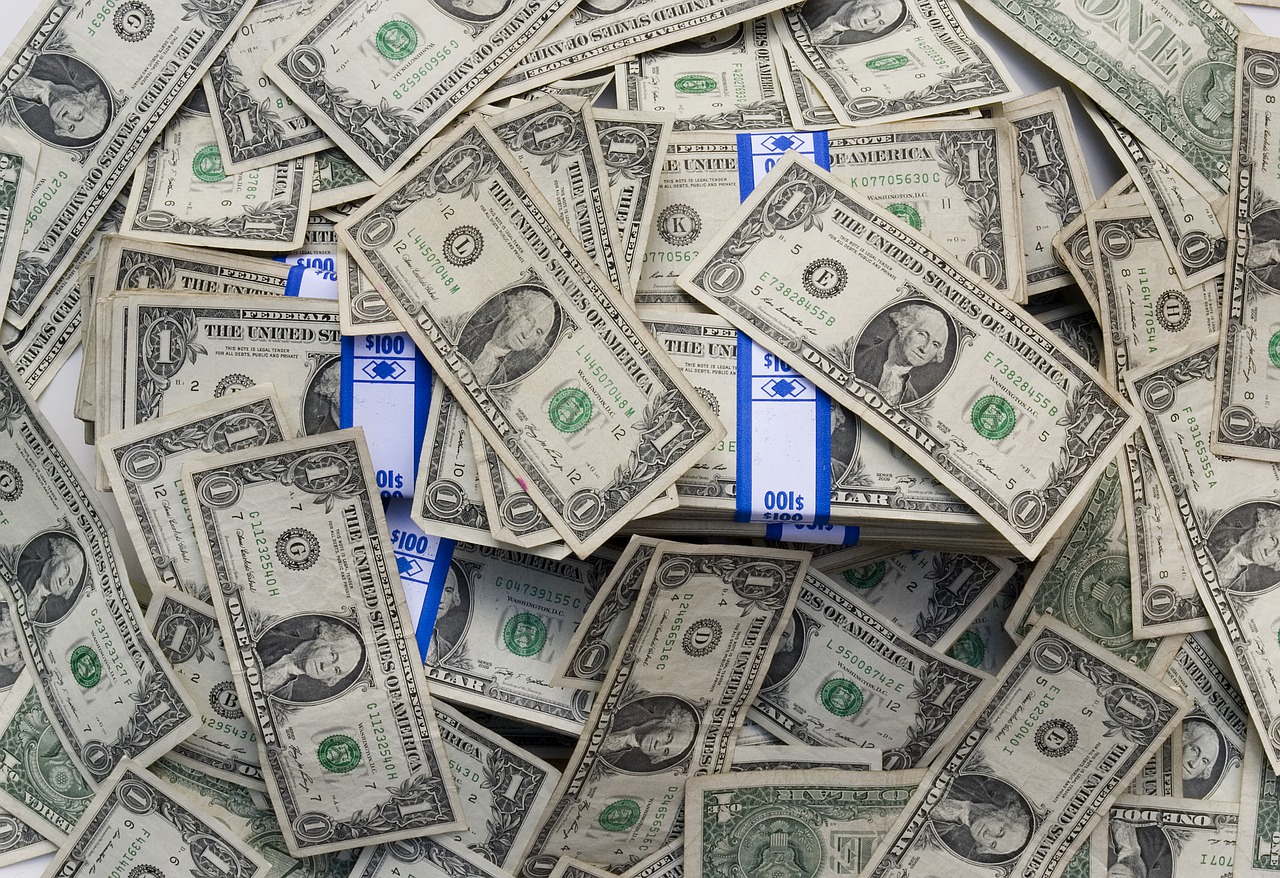TL;DR:
- On Monday, the average rate on the 30-year fixed mortgage hit 3.34%, down from 3.42% last week, according to Mortgage News Daily. That’s near an eight-year low.
- Mortgage rates have been pushed lower as they take their cues from US Treasury yields, which have plummeted as investors flock to the so-called safe haven assets amid fears that coronavirus will slow global growth.
- Even lower rates for potential homebuyers, or those who want to refinance, could help drive the already-hot US housing market, according to Mark Hamrick, senior economic analyst at Bankrate.
Coronavirus fears have weighed on stocks, bond yields, and even US mortgage rates.
On Monday, the average rate on the 30-year fixed mortgage hit 3.34%, down from 3.42% last week, according to Mortgage News Daily. If the rate holds for more than one day, it will be the lowest it’s fallen in eight years.
Mortgage rates have been pushed down as they take their cues from US Treasury yields, which have plummeted as investors flock to the so-called safe haven assets amid fears that coronavirus will slow global growth. On Tuesday, the yield on the 30-year US Treasury bond was still at 1.8%, a record low, while the 10-year yield fell to 1.37%, its lowest since 2012.
What’s looking like a classic “black swan” event for global markets has added extra fuel to already low rates for home buyers, Mark Hamrick, senior economic analyst at Bankrate told Markets Insider in an interview.
That could be a good thing, driving growth in the already-hot housing market, which has been one of the better performing sectors of the US economy, he said.
The lower rates spurred by the epidemic are “only going to help contribute in the near term, as long as the coronavirus doesn’t have a major impact on the broader economy” or buyers’ willingness to go out and look at homes, Hamrick said.
In addition, falling mortgage rates could lead to an uptick in refinancing, as eligible homeowners look to lower their monthly payments. As of February 19, home loan refinancing applications are 165% higher than they were a year ago, according to the Mortgage Bankers Association.
“For everyone who does refinance their mortgage, that’s going to be money that can be put to work elsewhere,” Hamrick said.




